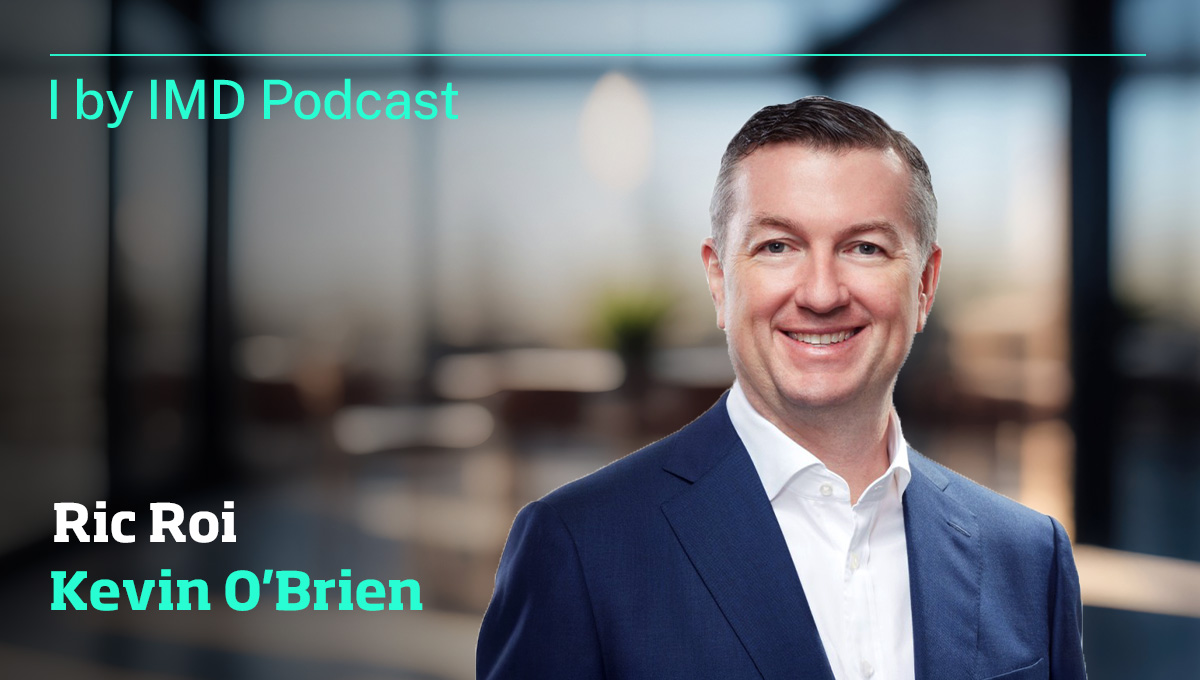The Oracle of Omaha meets the Visionaries of Galillee
Iscar Metalworking was an Israeli producer of metal working and metal cutting tools for industries requiring precise tolerances. Iscar had grown into a global enterprise with employees and offices throughout the world, though it was founded in 1952 in modest circumstances. The business thrived on innovation, passion and dedication to a client-centered approach. Something appeared on the horizon, however, which could potentially disrupt the hard-developed strategies and prosperity of its winning approach. Iscar was a second generation family firm whose CEO was not a family member. Retirement loomed in the medium-term for the family member chairman and the family was unsure of next generation interest in hands-on management of the company. How best to preserve for the future what two generations had worked so diligently to build and nourish? Management evaluated a broad range of options. But Iscar’s special brand of success was unique and to be protected at all costs. It became evident that the best solution for the company was to evolve into a situation where it could remain operationally independent yet have its future—corporate culture, strategic approach– assured. It felt like looking for a needle in a haystack but the answer finally appeared. Berkshire Hathaway, run by the famed investor Warren Buffett, appeared to operate in fashion very recognizable to Iscar. Independence, maturity, values-driven management were evident in the way BH did business. This case explores Iscar’s steps toward growth and success, its recognition that both a familiar and a different future must be assured for the long-term and the process and reality of becoming part of the BH dynasty.
To allow participants to consider the role of corporate culture and company “DNA” in the context of a need for significant change. Mergers and acquisitions must be approached carefully and in full understanding of the implicit risks and benefits to a company’s culture and history of a transaction. How important are similar or complementary values and purpose in a strategic combination? The approach of the acquiring firm can build or destroy value in the target. What makes the difference between the two outcomes will be explored.
2005 (1952-2007)
Cranfield University
Wharley End Beds MK43 0JR, UK
Tel +44 (0)1234 750903
Email [email protected]
Harvard Business School Publishing
60 Harvard Way, Boston MA 02163, USA
Tel (800) 545-7685 Tel (617)-783-7600
Fax (617) 783-7666
Email [email protected]
NUCB Business School
1-3-1 Nishiki Naka
Nagoya Aichi, Japan 460-0003
Tel +81 52 20 38 111
Email [email protected]
IMD retains all proprietary interests in its case studies and notes. Without prior written permission, IMD cases and notes may not be reproduced, used, translated, included in books or other publications, distributed in any form or by any means, stored in a database or in other retrieval systems. For additional copyright information related to case studies, please contact Case Services.
Research Information & Knowledge Hub for additional information on IMD publications
YCH Group, a pioneering family-owned logistics company in Asia evolved from a small transport business into a regional leader in supply chain solutions focused on e-commerce, the Internet of Things (IoT) and robotics. This remarkable transformatio...

The recent Family Capital Viewpoint, entitled "Have We Hit Peak Wealth" has raised a question that feels both provocative and urgent. It explores how extreme spending—mega yachts, $400 melons, gold-plated mansions—is colliding with economic anxiet...
Research Information & Knowledge Hub for additional information on IMD publications
Research Information & Knowledge Hub for additional information on IMD publications
Research Information & Knowledge Hub for additional information on IMD publications
Research Information & Knowledge Hub for additional information on IMD publications
Research Information & Knowledge Hub for additional information on IMD publications
Research Information & Knowledge Hub for additional information on IMD publications
Research Information & Knowledge Hub for additional information on IMD publications
Research Information & Knowledge Hub for additional information on IMD publications
Research Information & Knowledge Hub for additional information on IMD publications
Research Information & Knowledge Hub for additional information on IMD publications









